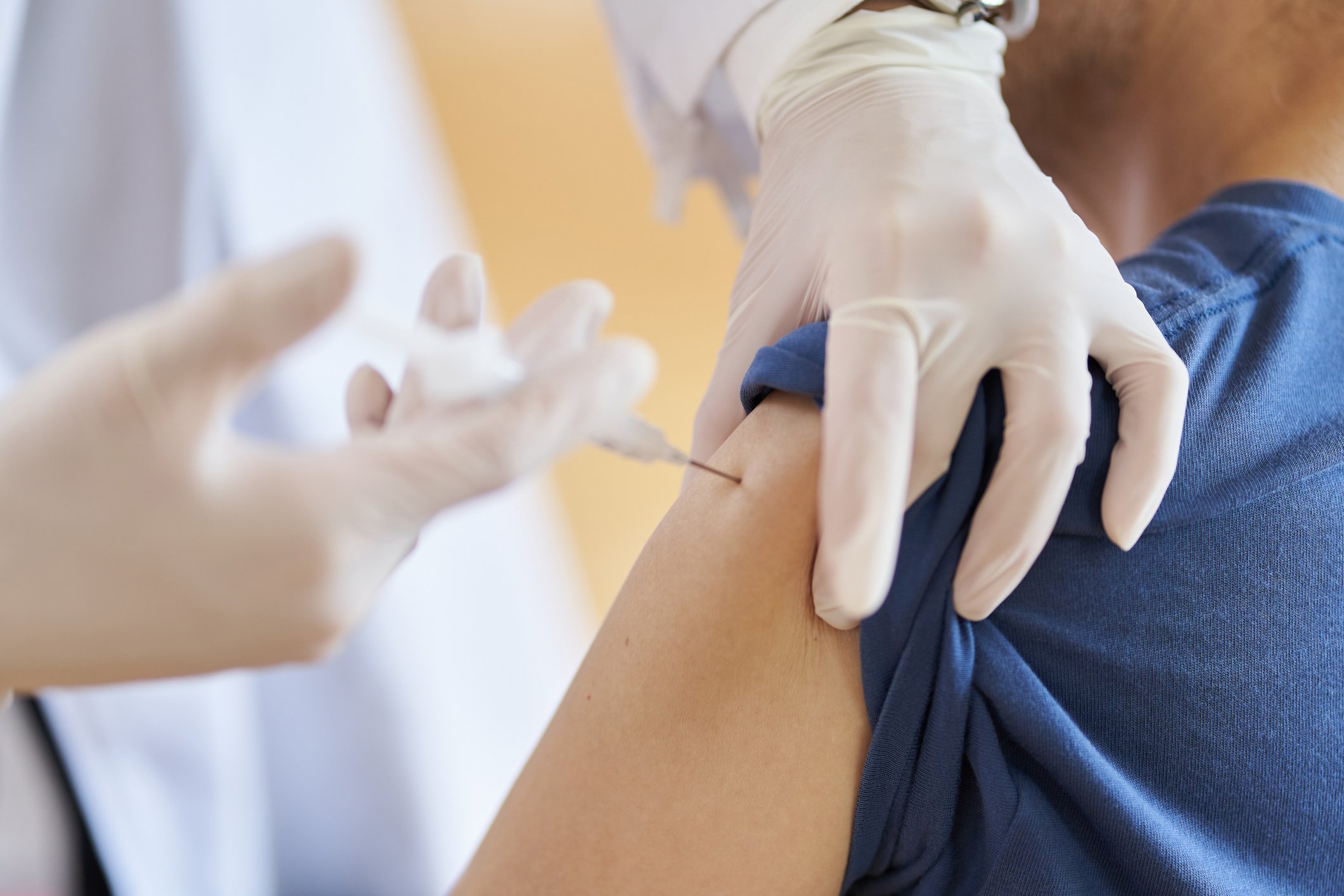The S&P 500 has been off to its worst start in decades. Down around 20% since the beginning of the year, there's still no telling how much lower it could go or if a recovery is due to happen. With inflation still out of control, it's hard to be too optimistic things will get better for stocks, simply because the economy is still facing some significant challenges ahead.
And that's the situation I see for both Novavax (NVAX 0.59%) and Starbucks (SBUX 0.94%). These stocks have performed even worse than the markets, with the healthcare stock falling more than 60% in 2022 and the coffee giant down by a more modest 30%. However, both look destined to fall even more before the year is over, and here's why.
1. Novavax
Last week, Novavax finally received news from the Food and Drug Administration that its COVID-19 vaccine obtained Emergency Use Authorization for people who are 18 years of age and older. It took months of waiting before Novavax's authorization came in. And when it did, there wasn't a bang but a whimper as the stock still crashed on the news.
The big issue is that investors may not be as bullish on COVID-19 stocks anymore (rival vaccine maker Moderna is down more than 65% from its 52-week high). And the EUA served as a reminder that outside of COVID-19, Novavax really doesn't have anything that can generate revenue right now. Regardless of COVID-19 case numbers, hospitalizations are down drastically from the start of the year:
US Coronavirus Cases Currently Hospitalized data by YCharts.
Hospitalizations have been rising of late, but the overarching conclusion here is that Novavax's EUA may not be the game changer it may have been for the company were it to arrive a year ago, or even several months ago when COVID was much more of a concern. A return to normal, by and large, has been taking place in the country, and unless there's a sudden resurgence in COVID-19 hospitalizations, there likely won't be much of a reason to expect a huge uptick in Novavax's revenue.
Before the news came out of the EUA, Novavax announced the U.S. government agreed to purchase 3.2 million doses of the vaccine should it obtain the authorization. By comparison, the U.S. government announced last month it would be purchasing 105 million vaccine doses from Pfizer, with the option to buy up to 300 million doses. While the government may have granted an EUA for Novavax, that's irrelevant if it doesn't result in a big order from them.
Without another catalyst to draw on that will lead to revenue growth in the near future, Novavax's stock could continue to fall as the year goes on. It's a risky stock that doesn't necessarily look a whole lot better despite obtaining the EUA.

NASDAQ: NVAX
Key Data Points
2. Starbucks
There are many articles out there about businesses that are potentially inflation resistant, being able to raise prices and pass rising costs onto consumers. Starbucks, however, is a stock that looks to fall firmly on the opposite end of that spectrum -- its business could be incredibly vulnerable amid inflation.
As consumers tighten their wallets to save money, one of the easiest ways to do so is to switch coffee brands. While Starbucks does have many loyal fans, many of its customers may feel the urge to substitute their coffee for something cheaper. And at the same time, Starbucks' costs could climb as more stores look to unionize. Hundreds of locations have filed union elections and there's even a movement to unionize Starbucks workers in the country, called the "Starbucks Workers United."

NASDAQ: SBUX
Key Data Points
Between a potential rise in costs and sluggish demand ahead, Starbuck is a stock that can be destined for further declines. Through its last two quarters, Starbucks netted a profit of just under $1.5 billion on revenue of $15.7 billion -- for a profit margin of 9.5%. There isn't a whole lot of buffer there for the company to handle these current headwinds and manage rising costs without seeing a decline in its bottom line.
That's why I'm not optimistic about Starbucks; there looks to be a challenging road ahead for the business.









